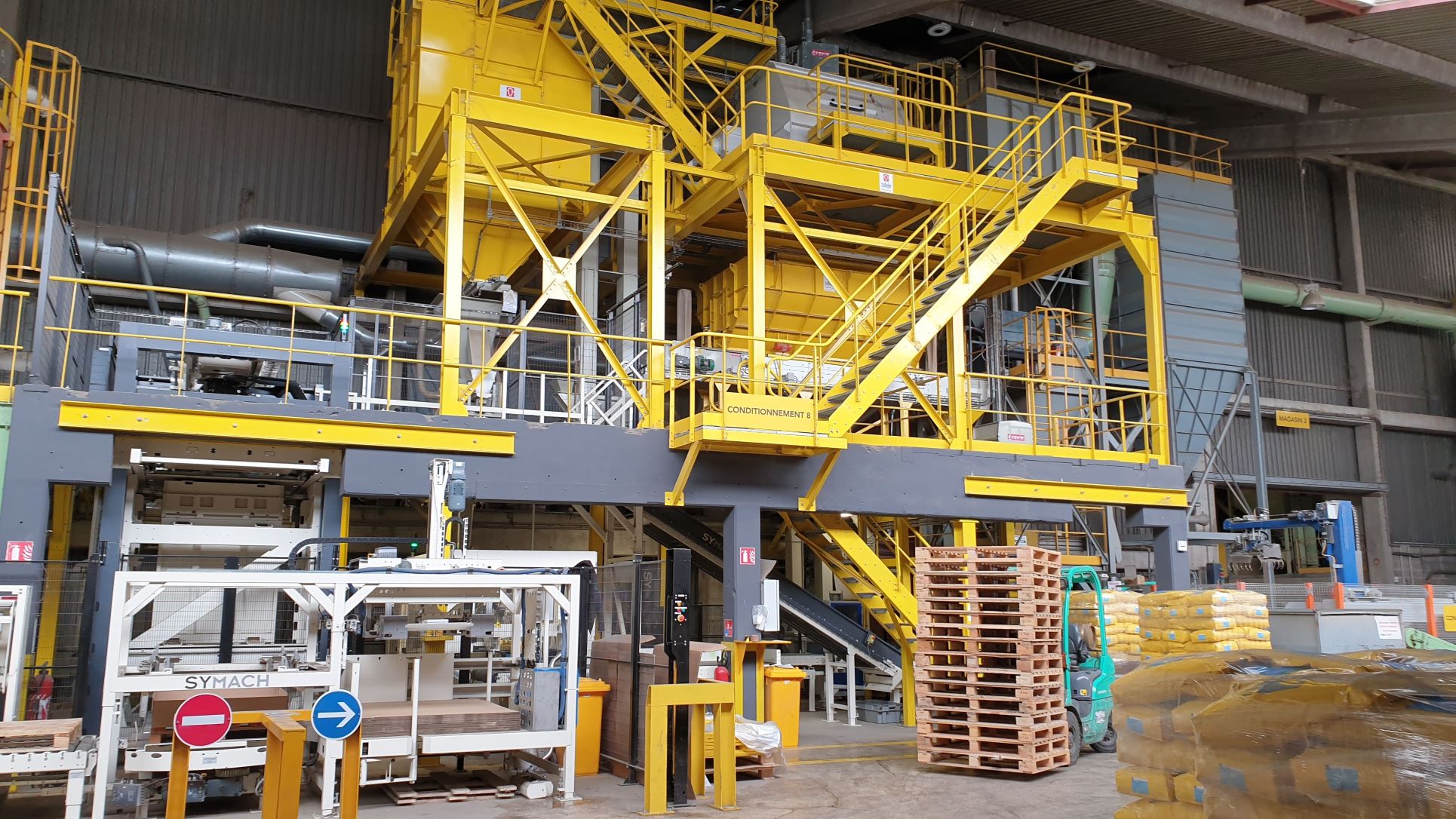The global supply chain has been subject to unprecedented challenges in recent times, with a wide range of factors impacting operations for all businesses, writes Andrew Svenson (pictured), operations director at Victoria Plum.
Freight costs from the Far East remain high, which has caused inflated prices and challenged availability of products for retailers. Warehousing accommodation is at record lows in terms of availability and labour shortages have created a competitive battleground for warehouse workers and HGV drivers.
The surcharges on fuel also show no signs of reducing, plus rising energy costs, which all create additional charges for businesses to deliver to customers.
All these challenges mean stakeholders across the supply chain are having to weather the storm and ensure business profitability remains robust. However, with smarter thinking, businesses can navigate through the current difficulties and enable strength in performance.
Stock availability plays a critical role in this. Businesses cannot continue to just keep on buying products and increasing stock levels, due to inflated prices and the cost of freight. Not only that, but also the cost of storing products in warehouses, in particular slower moving lines which can cause cost inefficiencies.
This where a ‘little and often’ model is key, very similar to the ‘just in time’ model that existed very well pre-pandemic. By increasing product availability through smaller shipments, working closely with suppliers in a more dynamic fashion can see a swift return to this model, resulting in optimum stock levels to effectively serve customer demand.
This option reduces the impact of overpaying on inflated prices for products and reduces the requirement for warehouse storage for unnecessary products. With the current challenges faced by the supply chain, going back to this smarter way of thinking rather than just ‘stocking up’ can enable businesses to both manage customer requirements and help reduce respective costs and overheads.






